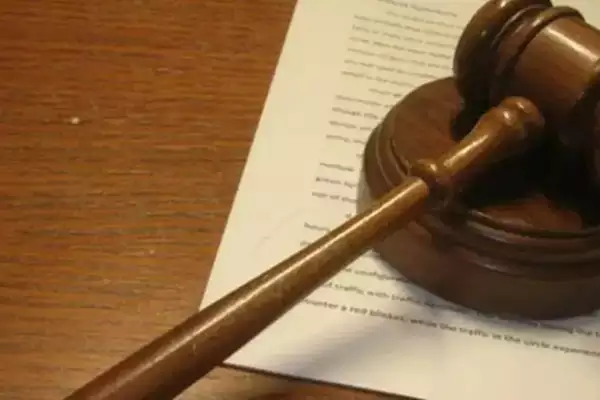The issue of granting sanction to prosecute a public servant has gained prominence due to the Karnataka Governor’s recent approval to investigate and potentially prosecute the Chief Minister of Karnataka.
About Sanction for Prosecuting Public Servants
- Purpose: To protect public servants from vexatious and malicious prosecution while they perform their official duties.
Legal Requirement:
- According to Section 197 of the Code of Criminal Procedure (CrPC), no court can take cognizance of a case against a public servant without sanction from a competent authority.
- Section 6 of the Prevention of Corruption Act (1947) also required sanction for prosecuting a public servant, limited to the period when the individual was in office.
- This requirement was retained in Section 19 of the Prevention of Corruption Act, 1988.
Latest Provisions
- Bharatiya Nagarik Suraksha Sanhita (BNSS): Section 218 retains the sanction provisions from the CrPC.
- Prevention of Corruption Act, 2018 Amendments:
- Section 17A requires government approval to initiate an investigation.
- Section 19 mandates sanction for any court to consider a charge sheet or complaint, applying to both current and former public servants.
Governor’s Role in Sanctioning Prosecution
- Authority:
- Traditionally, the State or Central Government grants sanctions for their employees.
- For cases involving Chief Ministers or similar high-ranking officials, the Governor, as the authority competent to remove the public servant, is seen as responsible for granting sanction.
- Discretion:
- The Governor may act in discretion rather than solely on the advice of the Council of Ministers.
- In the case of prosecution against a Chief Minister, the Governor must determine whether to grant sanction based on propriety and not merely the Council’s recommendation.
Supreme Court Rulings:
- In A. R. Antulay’s case, the Supreme Court affirmed that the Governor should act in discretion regarding sanction for prosecuting a Chief Minister.
- In Madhya Pradesh Special Police Establishment vs. State of MP (2004), the Court upheld the Governor’s decision to grant sanction despite the Council of Ministers’ irrational decision, stating the Governor’s action was appropriate when the Council’s decision was found to be biased or irrational.
Ref: Source
| UPSC IAS Preparation Resources | |
| Current Affairs Analysis | Topperspedia |
| GS Shots | Simply Explained |
| Daily Flash Cards | Daily Quiz |
Frequently Asked Question:
What is the purpose of requiring sanction to prosecute public servants?
The purpose is to protect public servants from vexatious and malicious prosecution while they perform their official duties, ensuring they can carry out their responsibilities without fear of facing unnecessary legal actions.
What legal requirement must be met to prosecute a public servant?
According to Section 197 of the CrPC, no court can take cognizance of a case against a public servant without sanction from a competent authority. Section 6 of the Prevention of Corruption Act also mandates sanction for prosecuting a public servant during their tenure.
Why is sanction necessary for prosecuting public servants?
Sanction is necessary to prevent unwarranted harassment or frivolous legal actions against public servants while they fulfill their official obligations. It serves as a safeguard against baseless accusations and ensures that only legitimate cases are pursued against public officials.
Has the requirement for sanction to prosecute public servants changed over time?
The requirement for sanction to prosecute public servants has been retained in various legal provisions, including Section 197 of the CrPC, Section 6 of the Prevention of Corruption Act (1947), and Section 19 of the Prevention of Corruption Act (1988).
Which recent law maintains the provision for sanction when prosecuting public servants?
The Bharatiya Nagarik Suraksha Sanhita (BNSS), specifically Section 218, includes provisions that retain the requirement for sanction to prosecute public servants, emphasizing the importance of ensuring that legal actions against public officials are based on legitimate grounds and oversight.



